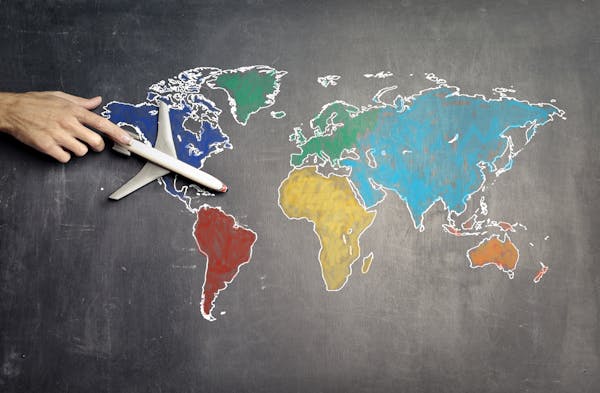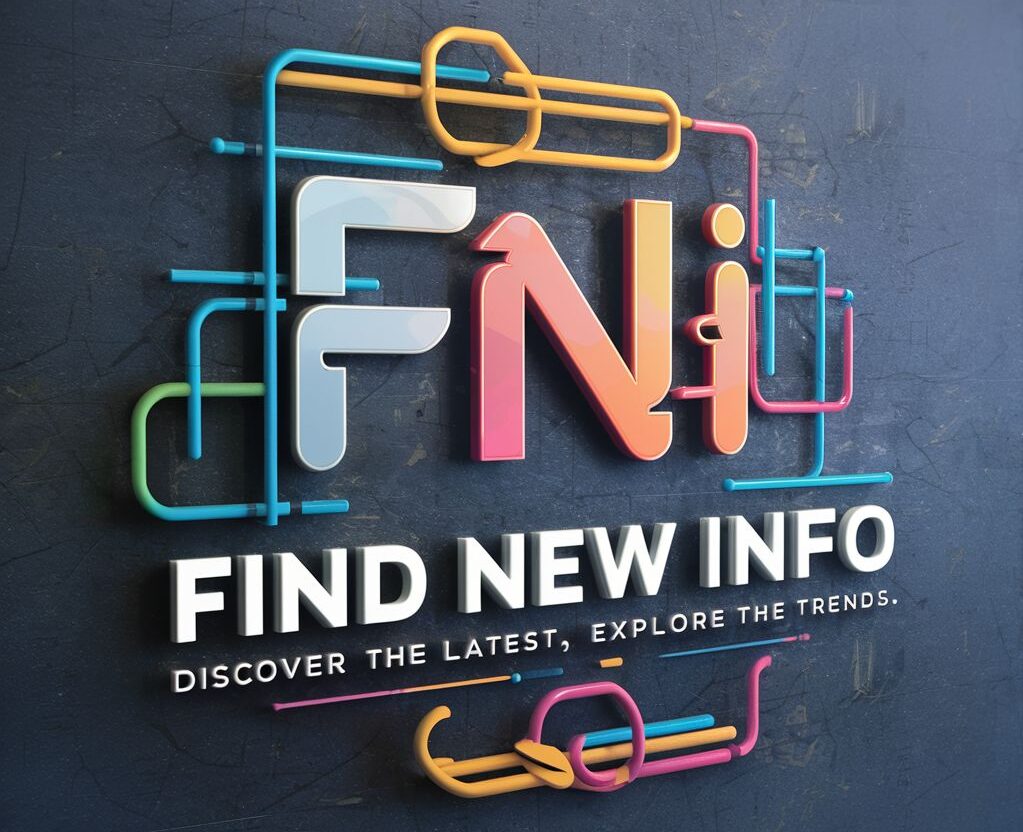In today’s fast-paced world, the significance of accessing quality education resources cannot be overstated. Whether you’re a student aiming to enrich your learning journey, an educator seeking innovative teaching aids, or a parent keen on supporting your child’s education, having the right resources at your disposal can be transformative. This article delves into the diverse spectrum of educational resources available and offers insights on maximizing their utility to achieve success.
Understanding the Significance of Education Resources

Education resources manifest in various formats, spanning from traditional textbooks to cutting-edge online courses, educational apps, videos, and interactive learning tools. These resources serve as catalysts in augmenting the learning process, offering supplementary information, practice opportunities, and alternative perspectives on subjects. They aid students in comprehending intricate concepts, refining their skills, and sustaining engagement throughout their educational voyage.
Exploring the Array of Education Resources

- Textbooks and Reference Materials: Traditional textbooks remain foundational resources in education, providing comprehensive coverage of subjects across various disciplines. These materials serve as essential references for students to deepen their understanding of academic concepts and theories. Additionally, reference materials such as encyclopedias, dictionaries, and academic journals offer valuable supplementary information for research and study purposes.
- Online Learning Platforms: With the proliferation of digital technology, online learning platforms have revolutionized the way students access educational content. Platforms like Khan Academy, Coursera, and edX offer a wide range of courses covering diverse subjects, allowing learners to study at their own pace and convenience. These platforms often feature interactive lessons, quizzes, and forums to enhance engagement and comprehension.
- Educational Apps and Software: Mobile applications and software tools have become integral components of modern education, providing interactive and personalized learning experiences. Educational apps cater to various learning styles and preferences, offering activities, games, and simulations to reinforce classroom learning. Whether it’s language learning apps like Duolingo or math practice apps like Photomath, these resources make learning accessible anytime, anywhere.
- Open Educational Resources (OER): Open Educational Resources (OER) encompass a vast array of freely accessible teaching and learning materials available online. These resources include textbooks, lectures, videos, and other educational materials that are openly licensed and can be used, shared, and adapted by educators and students worldwide. OER initiatives aim to promote equity, affordability, and innovation in education by eliminating barriers to access and fostering collaborative learning communities.
- Learning Management Systems (LMS): Learning Management Systems (LMS) provide comprehensive platforms for course management, content delivery, and assessment in educational settings. Popular LMS platforms like Moodle, Canvas, and Blackboard offer features such as online course creation, assignment submission, discussion forums, and grade tracking. These systems streamline administrative tasks for educators while facilitating seamless communication and collaboration among students.
- Library Resources: Libraries remain invaluable resources for students and educators, offering access to a vast collection of books, journals, multimedia materials, and research databases. Academic libraries provide dedicated spaces for studying, research assistance from librarians, and access to online resources through institutional subscriptions. Libraries also play a crucial role in fostering information literacy skills and promoting lifelong learning habits.
- Professional Development Resources: For educators, ongoing professional development is essential for staying abreast of best practices, pedagogical trends, and advancements in their field. Professional development resources include workshops, seminars, webinars, conferences, and online courses designed to enhance teaching effectiveness and instructional strategies. These resources empower educators to continually refine their skills, adapt to evolving educational landscapes, and promote student success.
In conclusion, Education Resources play a pivotal role in facilitating learning, fostering creativity, and empowering individuals to reach their full potential. Whether it’s through traditional textbooks, online platforms, digital tools, or professional development opportunities, access to quality resources is essential for driving educational excellence and innovation. By harnessing the diverse array of educational resources available, students and educators alike can embark on a journey of lifelong learning and growth.

